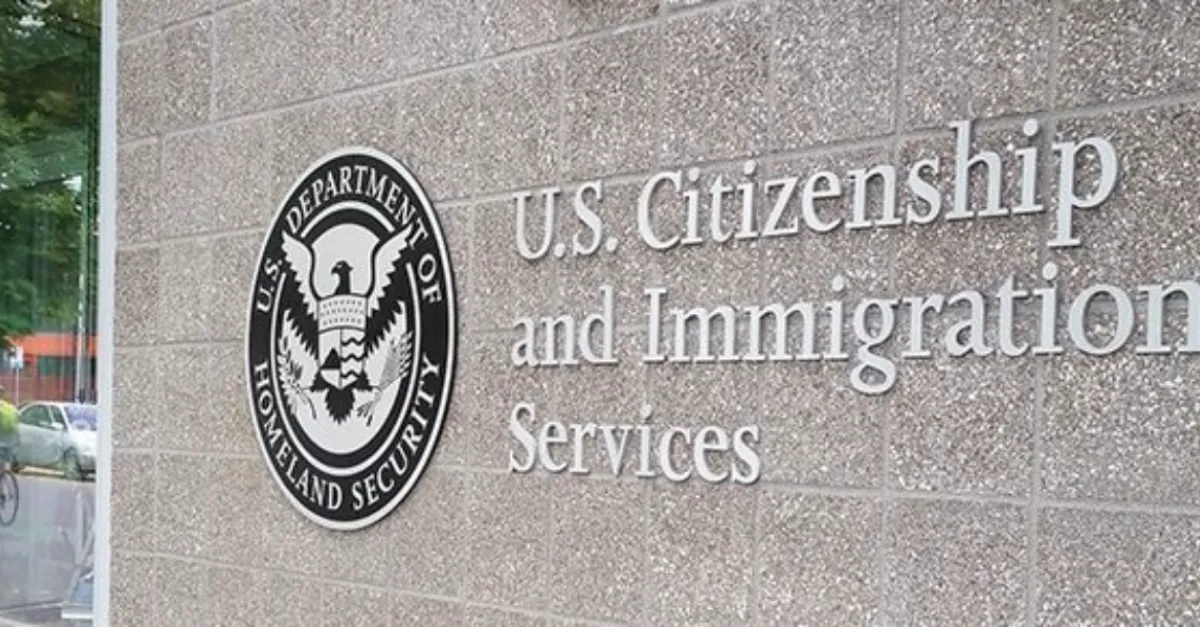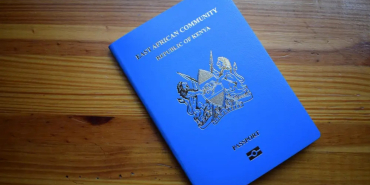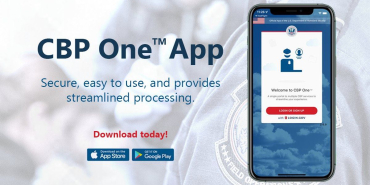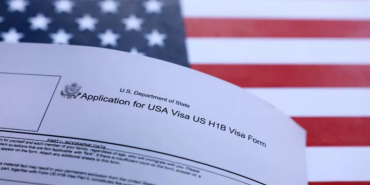New Green Card Rules Take Effect February

The United States Citizenship and Immigration Services (USCIS) has announced significant changes to the Green Card application process, effective February 10, 2025.
These modifications aim to simplify the adjustment of status procedures, aimed at reducing delays and minimizing application errors. At the forefront of these changes is the introduction of a new Form I-485, dated October 24, 2024. From February 10, only this updated version will be accepted; any applications submitted with older versions will be rejected. This adjustment underscores the need for applicants to remain current with USCIS documentation requirements.
Another critical change pertains to the medical examination process. Starting December 2, 2024, applicants must submit Form I-693, which certifies the completion of a medical examination by an authorized physician, along with proof of vaccination compliance. Applications lacking this form will be denied, emphasizing the importance of early scheduling to prevent delays.
To streamline the Green Card process, USCIS has eliminated Form I-864W, previously utilized for exemption requests from the Affidavit of Support requirement. The exemption process will now be incorporated directly into the new Form I-485, thereby simplifying applicant documentation.
Additionally, changes to public charge-related questions are designed to enhance clarity for applicants, enabling a better understanding of eligibility requirements.
The revisions will assist USCIS in identifying individuals potentially subject to inadmissibility on public charge grounds. The redesign of Form I-485 incorporates a reorganized layout and more comprehensive instructions to help applicants mitigate errors that could lead to processing delays. Clear guidance aims to facilitate a more user-friendly application process.
As applicants navigate these forthcoming changes, it is crucial to ensure utilization of the correct Form I-485 version post-February 10, 2025. Early scheduling of medical exams remains essential to evade last-minute challenges. Those uncertain about their eligibility or required documentation are strongly encouraged to seek advice from immigration attorneys or accredited representatives.
The application fee for Form I-485 is set at 1,225 including a filing fee and a biometric service fee. Some categories, such as refugees and asylees, may be eligible for fee waivers. Processing times vary based on application category and USCIS office workload, ranging from six to 24 months.
Eligibility for a Green Card encompasses multiple categories, including immediate relatives of US citizens or permanent residents, skilled workers sponsored by employers, refugees or asylees meeting specified criteria, and beneficiaries of humanitarian programs.
Each category possesses distinct documentation requirements, necessitating thorough review by applicants. In the fiscal year 2023, USCIS processed over 1.2 million Green Card applications, with wait times varying significantly based on case type and processing office. These updates reflect USCIS's ongoing commitment to improve operational efficiency and transparency, with an aim to reduce backlogs and expedite case adjudication.
As these changes take effect, applicants need to remain informed and proactive. Regular checks of the official USCIS website will help avoid unexpected changes. By adhering to these new requirements, applicants can navigate a more efficient pathway to achieving permanent residency in the United States. For further details, individuals are encouraged to consult the USCIS website and contact professional advisors when necessary.














Add new comment